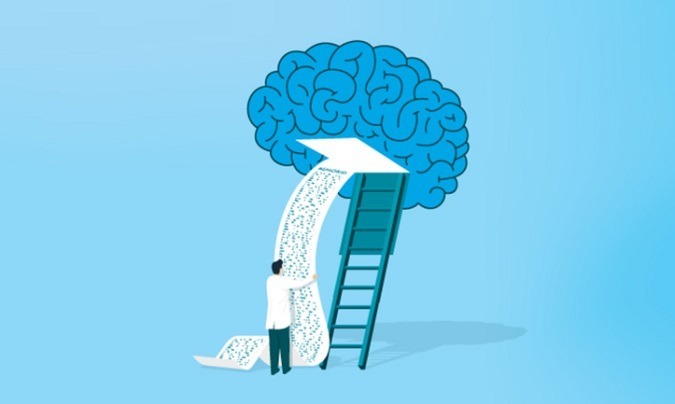Posts Tagged ‘diagnosis’
The National Health Service (NHS) in the UK considers adding a 5‑minute cognitive test to its annual health check-up
__________ Using AI assessment to tackle dementia in ultra-early stages (Digital Health): “Dementia and Alzheimer’s disease continue to increase and remain the leading cause of death in England and Wales, accounting for 12.8% of all deaths registered in 2018
Read MoreNew $30M venture philanthropy fund aims at revolutionizing the diagnosis of Alzheimer’s Disease
_____ Why diagnosing Alzheimer’s today is so difficult—and how we can do better (Bill Gates): “Alzheimer’s research is a frontier where we can dramatically improve human life—both the lives of people who have the disease and their loved ones. I’m optimistic that we can substantially alter the course of Alzheimer’s if we make progress in several…
Read MoreStudy suggests the real deficit underlying Attention Deficit Disorders is not Attention, but Working Memory
______________________________ Many parents have observed that their child with ADHD stays attentive and engaged during ‘high interest’ activities, e.g., while playing video games, but has considerable problems staying focused on less inherently engaging tasks, e.g., doing schoolwork. This discrepancy in attention during preferred and non-preferred activities has led some to
Read MoreStudy shows why children with ADHD should be reevaluated each year: Attention problems perceived by teachers are far less stable than we imagine
— While the study below was published a few years ago, it makes an important point that I think is worth revisiting. In the study, published in the Journal of Developmental and Behavioral Pediatrics, my colleagues and I looked at how frequently teacher ratings of inattentive symptoms persist in children from one grade to the…
Read MoreNext: Harnessing information and communications technology (ICT) to address mental health challenges affecting 700 million people today
Making Mental Health a Global Priority (The Dana Foundation): “Who hasn’t felt a sense of loss or detachment from our families, friends, and regular routines, or experienced nervousness and anxiety about changes in our personal and professional lives?
Read MoreOccupational therapy study: Improving processing speed seen as key target to help patients with multiple sclerosis
. Decreased Activity Levels in MS Patients Linked To Cognitive Impairment (Multiple Sclerosis News): “A new study published in the American Journal of Occupational Therapy assessed the cognitive factors affected in multiple sclerosis patients concerning their activity and participation in everyday life
Read More





